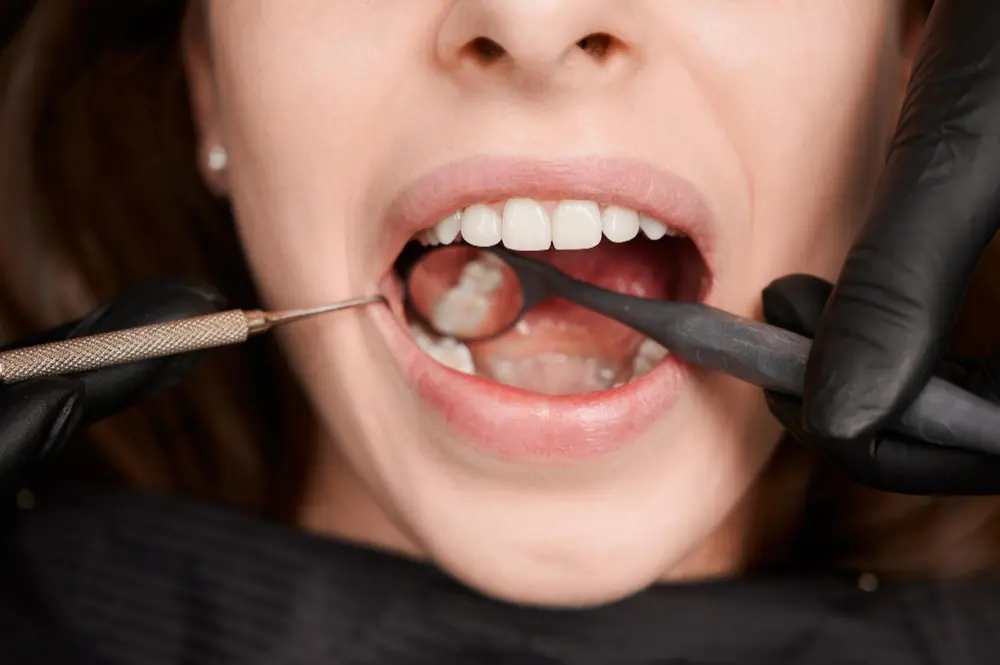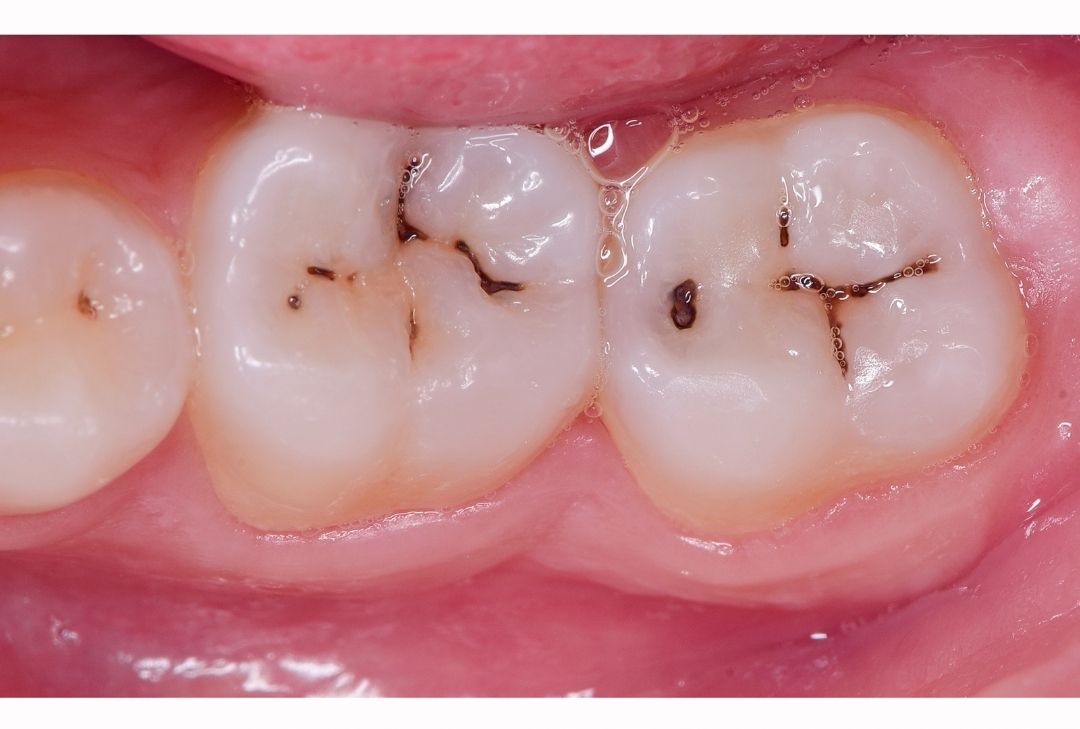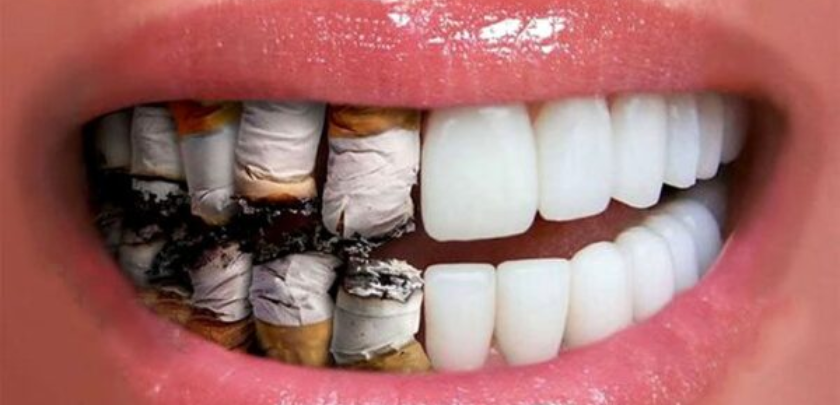Cavity Filling: How Long Will It Take to Restore Your Smile?
Do you have a cavity that’s bothering you? We understand your concern. A cavity can be uncomfortable and can even lead to more serious problems if left untreated. But the good news is that filling a cavity can be a relatively quick and painless process. The cavity repair duration can vary depending on several factors, which we will explore in detail in this article. Keep reading to learn how to restore your smile effectively and efficiently.
Understanding Cavities
Cavities, which are also referred to as dental caries, are not merely openings in your teeth. They are indicative of a complex interplay of factors that has resulted in the deterioration of the enamel, the firm outer layer of your tooth. We should further investigate this procedure.
The Cause: Bacterial activity is the primary cause of cavity formation. Acids are produced as a result of the breakdown of carbohydrates by bacteria in your mouth when you ingest sugary or starchy foods and beverages. Over time, these acids erode the enamel, resulting in microscopic openings that may eventually transform into full-blown cavities.
Poor Oral Hygiene: It is essential to brush and floss twice daily in order to eliminate plaque and bacteria before they can cause damage to your teeth.
The Cleveland Clinic underscores the significance of consistent cleansing to eliminate plaque and tartar accumulation, which can serve as a breeding ground for bacteria that cause cavities.
Diet: The World Health Organization (WHO) emphasizes the correlation between an elevated risk of cavities and the excessive consumption of sugary and starchy foods and beverages, including confectionery, soda, and refined carbohydrates. A consistent supply of fuel is supplied to acid-producing microorganisms by these foods.
Dry Mouth: Saliva is essential for the removal of food particles and the neutralization of acids produced by bacteria. The National Institute of Dental and Craniofacial Research (NIDCR) elucidates how parched mouth, a condition that diminishes saliva production, can increase the likelihood of cavities.
Genetics: The genetic composition of certain individuals results in a higher likelihood of developing cavities. Although research is still ongoing, there is evidence to suggest that specific genes may affect the composition of your enamel and saliva, thereby affecting your susceptibility to degradation.
The Risks of Untreated Cavities
Cavities, if left untreated, can lead to a variety of serious dental problems. Here’s a breakdown of the potential risks:
1. Tooth Pain: As the cavity deepens, it can reach the tooth’s pulp, which contains nerves and blood vessels. This can cause severe tooth pain, especially when eating or drinking hot or cold foods.
2. Tooth Abscess: An abscess is a pocket of pus that forms around the root of a tooth. It can cause a throbbing pain, swelling, and sensitivity to hot and cold temperatures. If left untreated, an abscess can spread to other parts of the body, causing a systemic infection.
3. Tooth Loss: In severe cases of tooth decay, the tooth may become so damaged that it can no longer be saved. This can lead to tooth loss, which can have a significant impact on your appearance, chewing ability, and overall oral health.
4. Gum Disease: Untreated cavities can contribute to gum disease, a bacterial infection that affects the tissues surrounding the teeth. Gum disease can cause red, swollen gums that bleed easily, bad breath, and even tooth loss.
5. Difficulty Chewing and Eating: As tooth decay progresses, it can become difficult to chew and eat certain foods. This can lead to nutritional deficiencies and weight loss.
Stages of Tooth Decay
Tooth decay typically progresses through four stages:
- Enamel Demineralization: This is the initial stage, where the enamel of the tooth begins to weaken.
- Dentin Decay: As the decay progresses, it reaches the dentin, the softer layer beneath the enamel.
- Pulp Involvement: The decay reaches the pulp, causing pain and sensitivity.
- Abscess Formation: An abscess can form if the infection spreads to the surrounding tissues.
It’s important to see your dentist as soon as you notice any signs of a cavity, such as tooth pain, sensitivity to hot or cold temperatures, or a dark spot on your tooth. Early treatment can help prevent serious complications and restore your oral health.
Cavity Repair Duration: What to Expect
The duration of a cavity filling procedure can vary depending on several factors, including the size and location of the cavity, the type of filling material used, and the dentist’s experience. However, as a general guideline, you can expect the following:
- Small cavities: Typically, filling a small cavity can take anywhere from 30 to 45 minutes.
- Medium-sized cavities: Filling a medium-sized cavity may take between 45 minutes and 1 hour.
- Large cavities: For larger cavities, the procedure may take up to 2 hours or more.
Factors that can affect the cavity repair duration:
- The complexity of the cavity: Cavities that are deeper or closer to the nerve of the tooth may require more time to fill.
- The type of filling material used: Composite fillings, which are made from a resin material, generally take less time to apply than amalgam fillings, which are made from a mixture of silver, tin, copper, and zinc.
- The dentist’s experience and technique: A skilled dentist can often complete a cavity filling procedure more quickly and efficiently.
Cavity Repair in Albania: Affordable Excellence
Looking for a reliable and affordable solution for your cavity? Albania Dental Agency offers top-notch cavity filling services at competitive prices. Our experienced dentists will provide personalized care and ensure a comfortable experience.
From diagnosing the extent of the cavity to choosing the best filling material, our team will guide you through the entire process. Benefit from high-quality dental care in a beautiful setting and enjoy a memorable experience.
Contact us today for a free consultation and discover how we can restore your smile.




















